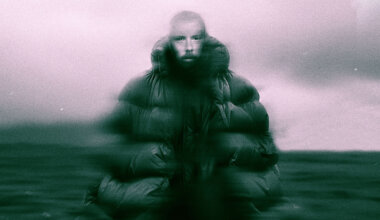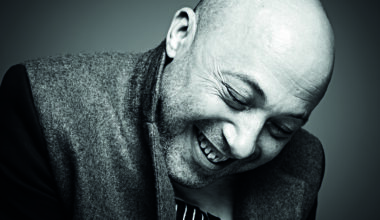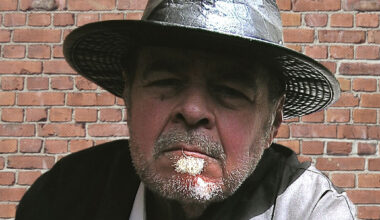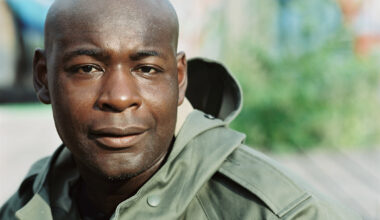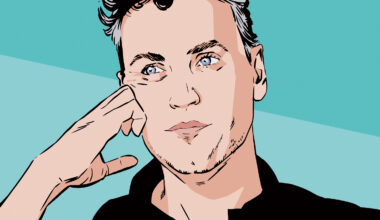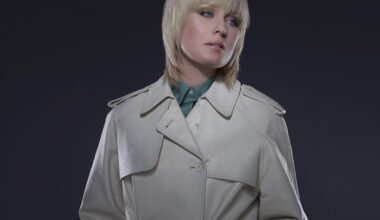The Flaming Lips’ dreamer-in-chief Wayne Coyne serves up his formative influences, which take in painters going punk, communal rainbows and the power of wigging out
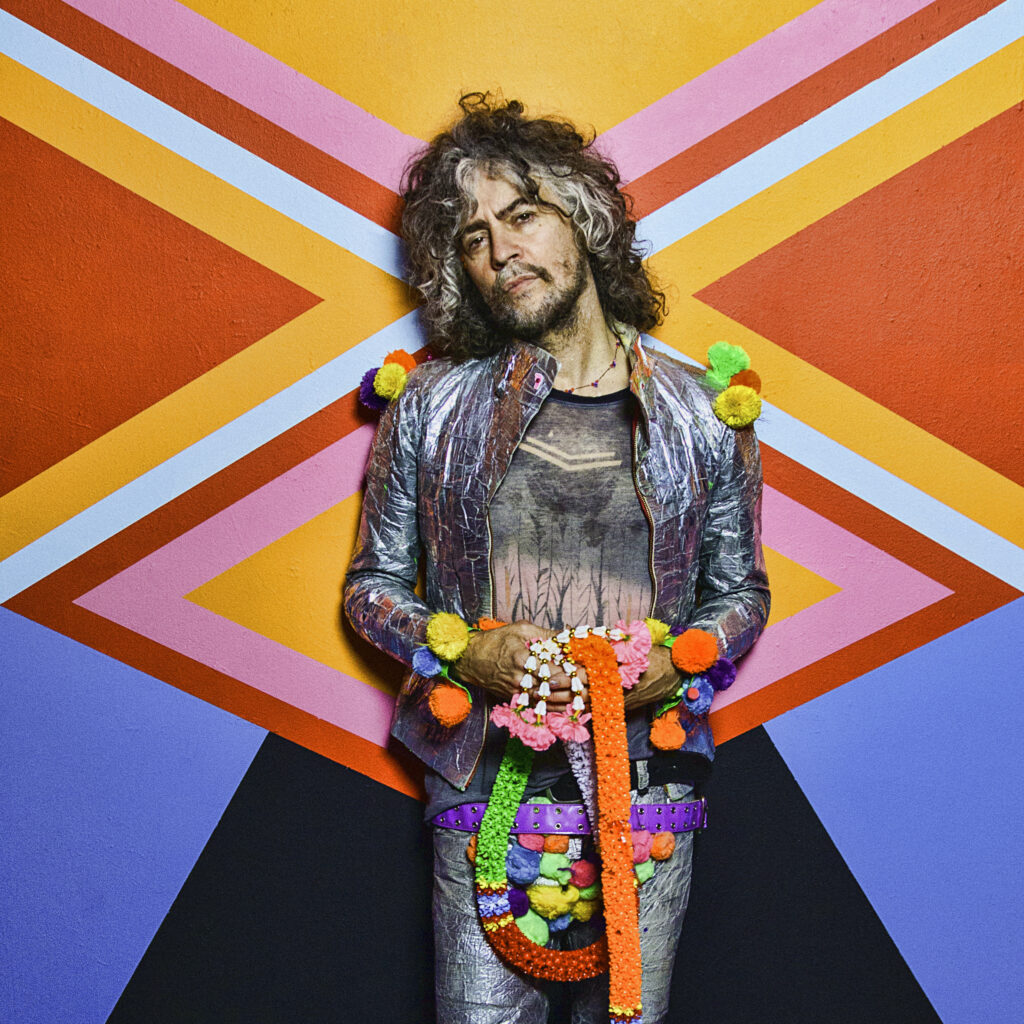
In My Life
“I was born in 1961, but my older brothers were in their teens when The Beatles were just the greatest thing ever. They were always trying to figure out the later records, the more psychedelic ones, and listen to all the little sounds and backwards bits. Through them, I became aware that music is music, but it’s also sound effects and it’s singing and noises. I remember my older brothers would give my younger brother and myself a lift to school and they would smoke half a bag of weed in the 10 minutes it took to get to there. I remember this music and sitting in the front seat of this cramped truck, with a lot of weed. I never liked to smoke, but it was about being with my brothers who I love, and it was this warm, great experience. I find it very hard to separate the sentiment of the music and the experience.”
Punk In Drublic
“I think – and this is not hyperbole – that I was absolutely saved by punk rock. Punk rock, especially in America in the early 80s, was made by people who were painters who started making music and I just thought, ‘That’s me!’. Even in Oklahoma, weirdos were suddenly saying, ‘I’m gonna form a band’. I think for a brief moment I thought, ‘That’s what I’m going to do’. I didn’t think whether it would last forever, I just thought, ‘I’m going to jump in and start doing my thing in this atmosphere before everyone starts comparing you to Led Zeppelin and The Beatles again’. Without that, I probably would have been too embarrassed or too lost to know what to say to people, but at some point I found band members simply because they were into punk rock. It was like, you don’t have to be a musician anymore to make music. I was like, ‘Fuck it! I’m going!’”
Oklahoma
“It was embarrassing to us at first to be from Oklahoma City. It seemed such a boring, normal place, but you realise that everybody’s hometown is mundane to them, because they’re there every day. But there’s something about the openness of Oklahoma. We’re always aware of the Sun setting and big, majestic billowing things – these tornadoes and horrible storms in the summer. Think of the story of ‘The Wizard Of Oz’ – that’s just up in Kansas, two and a half hours away. Oklahoma is very much part of that. It’s not unusual to go out with everybody to see rainbows together. Some of that epicness probably has crept into my senses. So, when I say ‘big’, I mean like ‘endless-sky-big’. I think some of that is in our most dramatic moments, some of our stuff is so cinematic you almost see people riding into the sunset sometimes.“
Fearless Freaks
“I think most musicians are jumping back and forth between being visual and the sound. I’m just so used to it overlapping now. As an artist, every little piece of it becomes available to you to fuck with. What you wear is a part of it. Even just putting on make-up and different wigs and clothes brings out a different part of you. In Oklahoma, back in the early 80s, if you dyed your hair orange or black, that was confrontational and people would want to stop you on the street and beat you up. It was a bold statement. But we kind of liked that. It let us lead the life… to just never escape the idea that you were in a band. We saw a lot of people who wanted to make records get caught up in life and their jobs, so we tried very hard not to get pulled out of this thing.”
Embracing The Robots
“Around 1997-99, with the ‘Zaireeka’ record and ‘The Soft Bulletin’, we really did gravitate towards being a weirdo studio group. Pro Tools came along then and it dawned on us that all these things could be shaped, instead of having to be done on the fly. We just got deeper and deeper into that. The stuff that you can do in the studio now has made all of that simpler, and more fun. Almost anybody in the world, musical or not, can now jump into the studio, turn on some gadgets and be making some music that’s pretty fucking cool.
“It doesn’t mean it’s original, but you can be pretty satisfied with this music that kind of makes itself. And you can claim that it’s yours, because you were standing there turning on the machine. It’s pretty fucking great. We felt the same way turning on drum machines back in the day. I can probably say it now because it’s been so long, but our first record, in 1983, we have a Pink Floyd sample on there. I literally played a boom box in one of the control rooms with a microphone under it. To me, what you play versus what you were inspired to reuse, all of that is part of it.”
The Whole Story
“I’m always putting a story in where it doesn’t need one, but it’s part of me feeling prepared. It’s like an actor who just has two lines in a movie still wanting to know, ‘What did my parents do?’. It also gives you a unique angle, because no one really knows the story but you. On a song like ‘Race For The Prize’, I think, ‘Man, if this was anybody but me singing this, it just wouldn’t work’. When I sing it, I’m trying to convey this humanity. I think about it all the time, that line in ‘Do You Realise?’ where I sing, ‘Everyone you know, some day, will die’. If I was really a lyricist, I might think, ‘That’s so simple and stupid – it’s not, actually, good’. But I never think of lyrics without the music. I don’t like to because the music is telling you so much. If you see my lyrics without the music, you could easily walk away going, ‘What a simplistic idiot!’. But with the music, it does free you up to really say some great, wonderful things in a song.”
‘King’s Mouth: Music And Songs’ is out on Bella Union
